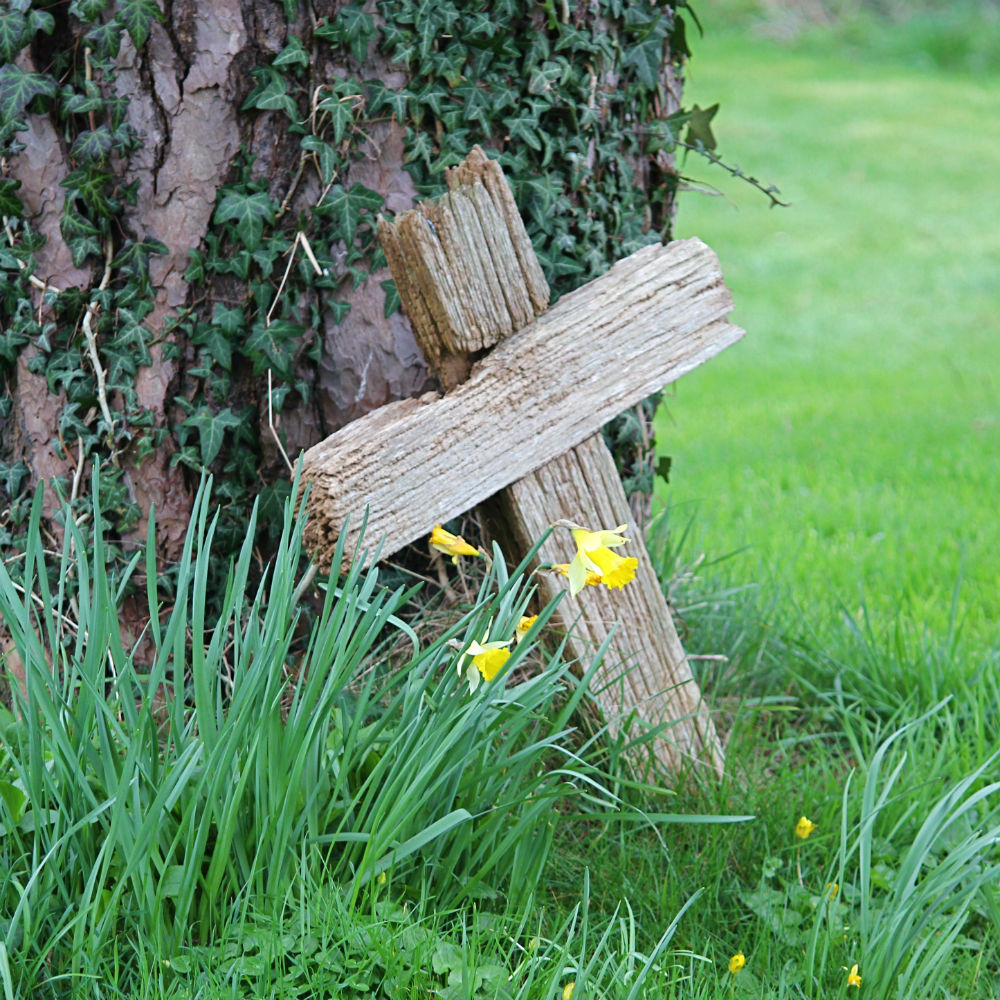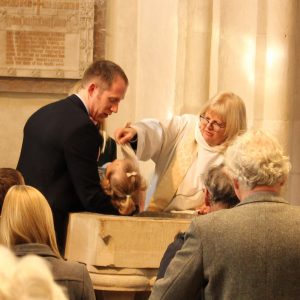Funerals
the end of the journey
A funeral marks the close of a human life on earth. It is the opportunity for friends and family to express their grief, to give thanks for the life which has now completed its journey in this world and to commend the person into God’s keeping. As far back into history as we can penetrate, human beings seem to have felt the need for a ceremonial leave-taking of those who have died. The funeral service of the Church of England can be very short and quiet with only a few members of the family present or a much larger-scale occasion with music, hymns and a packed church.
Whether in a parish church or a crematorium chapel, it can be the plain funeral service from the Prayer Book or Common Worship or with the addition of hymns, favourite prayers and readings, an address. It can very appropriately be set into the context of a Communion Service. Whatever the pattern of service, the words and actions all speak of a loving God and the preciousness to Him of every human being. Jesus himself believed in a life-giving God: ‘the God of the living, not of the dead.’ Christians believe that Christ’s resurrection is the triumph of good over evil and of life over death and has made eternal life available to us. The person who has died may have left a paragraph in their Will describing the sort of funeral arrangements they hoped for. Naturally, the family will want to keep to such arrangements as far as possible.
Everyone has the right to a funeral in their parish church, even if they have not been church-goers, and a Communion service may also form part of the funeral. People who have lost someone close to them are often so busy with practical details and arrangements between the death and the funeral that they do not experience the full sense of their loss until later. Often it is those who have suffered a close bereavement themselves, clergy or lay people, who can most easily offer comfort and support to those who mourn.
Our parish ministry team regard the taking of funerals as an important part of their work. They give a lot of time to visiting families, comforting those who are facing loss, finding out what service they want to use and helping them to arrange it. The funeral director will liaise with the officiating minister and parish office over the practical details about funeral and burial arrangements.







